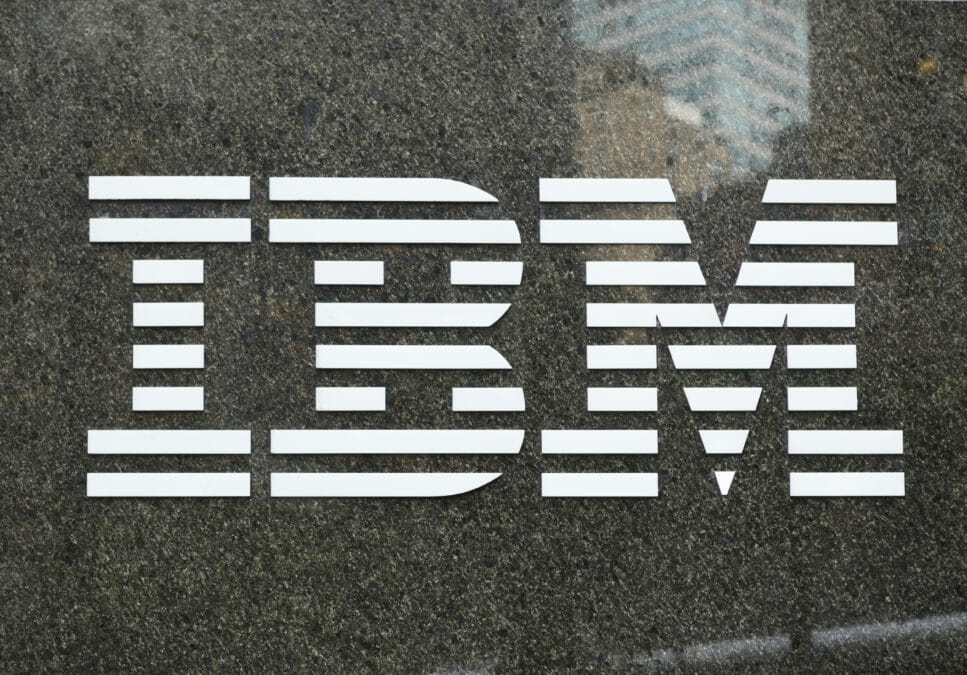The Think Digital conference from IBM, organised over two days, is showing a focus on getting the best out of AI, cloud and edge technology amidst the current COVID-19 pandemic.
Additionally, the event provided a first look at the vision of recently appointed IBM CEO Arvind Krishna, who took charge in January.
“IBM’s main challenge for years now has been finding the right avenues of growth and these efforts have certainly been compounded by the sudden disruption caused by the Covid-19 crisis,” said Nick McQuire, senior vice-president and head of enterprise research at CCS Insight.
“But signs are that Arvind Krishna is steering a more practical and technical IBM now as the event doubled-down on several of IBM’s key advantages in the market, namely Red Hat and open source, the flexibility of its hybrid, multi-cloud strategy and its role in mission-critical operations.
Open source storage: driving intelligence in the small data sprawl era
“The areas that Think covered is music to the ears of many of its customers. The need for remote operations and to maintain operational resiliency but also avoid vendor lock-in and cut spending in order to survive is real.
“The big Think themes such as hybrid cloud, edge computing, AI and automation hit many of the right notes, but we have long argued that IBM needs to be bolder in positioning its core capabilities especially against the hyperscalers who tend to steal its thunder when it comes to major announcements.”
Watson AIOps
Firstly, IBM launched Watson AIOps to allow CIOs to automate IT operations while reducing costs. This will work within an ecosystem, built on Red Hat OpenShift, that operates alongside partners such as Slack and Box.
Also compatible with more traditional IT monitoring solutions such as ServiceNow and Mattermost, the product is designed to help companies be more resilient to future disruptions, with real-time detection and diagnosis being a major focus.
“What we’ve learned from companies all over the world is that there are three major factors that will determine the success of AI in business – language, automation and trust,” said Rob Thomas, senior vice-president, cloud and data platform at IBM. “The COVID-19 crisis and increased demand for remote work capabilities are driving the need for AI automation at an unprecedented rate and pace.
“With automation, we are empowering next generation CIOs and their teams to prioritise the crucial work of today’s digital enterprises—managing and mining data to apply predictive insights that help lead to more impactful business results and lower cost.”
Investors in IBM’s AI technology include Lufthansa, Paypal and T-Mobile.
“Our industry was hit hard by the pandemic,” said Roland Schuetz, executive vice-president and CIO of the Lufthansa Group. “Our work in AI over the past several years will help us to mitigate some of the future challenges.
How Blue Prism’s digital workers are helping the fight against Covid-19
“Working with IBM to apply its Watson AI technologies has helped us accelerate how we modernise our Data Science Tool Landscape. We use AI to automate processes that result in benefits such as highly responsive customer care and operational topics.”
New edge solutions for 5G
Additionally, Think Digital saw the launch of two new edge solutions, which aim to ensure successful transition to 5G:
- IBM Edge Application Manager, which is powered by Open Horison, and allows for deployment and remote management of AI, analytics and IoT workloads, as well as the management of up to 10,000 edge nodes;
- IBM Telco Network Cloud Manager, which works on Red Hat OpenShift and OpenStack, and focuses on automating virtual and container network operations in minutes, for the benefit of telcos.
“The convergence of 5G, edge computing and hybrid multicloud is redefining how businesses operate—speeding innovation, creating better user experiences, and improving employee and customer engagement,” said Thomas. “IBM is helping enterprises capitalise on the opportunities created by this new computing model, offering a comprehensive set of open edge solutions and a robust open ecosystem.”
Five reasons to trust 5G, according to Huawei CTO
On IBM’s new edge offerings, McQuire added: “IBM’s new version of Edge Application Manager and introduction of Telco Cloud Manager is part of IBM’s hybrid cloud strategy which is now extending through telcos to the edge.
“The moves essentially put IBM’s marker down on edge computing which represents a new era of computing outside the data centre and the public cloud.
“With the emergence of 5G and low-latency applications which are acting as accelerators, telcos too must transform, so IBM is hoping that its relationships with telcos globally, though Red Hat and its services and arm, will make it better placed than the hyperscalers to take advantage of this shift.”
[emailsignup]










